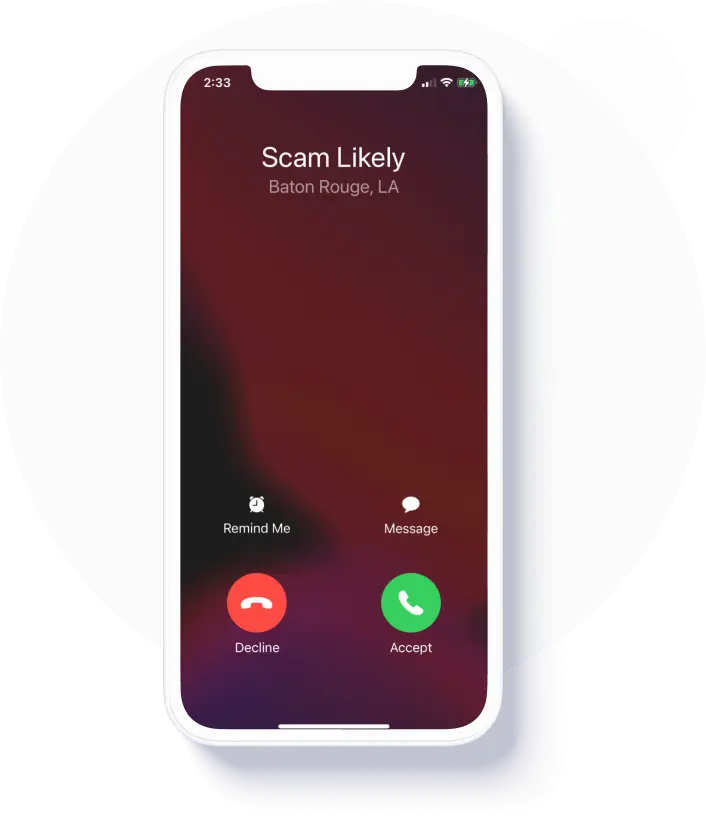We offer both Caller ID Reputation and List Management solutions
so you can confidently make outbound calls.
You cannot do without these tools if you are doing any type of outbound calling. Customer engagement on the phone shouldn’t be difficult. Our APIs improve the process.
.

